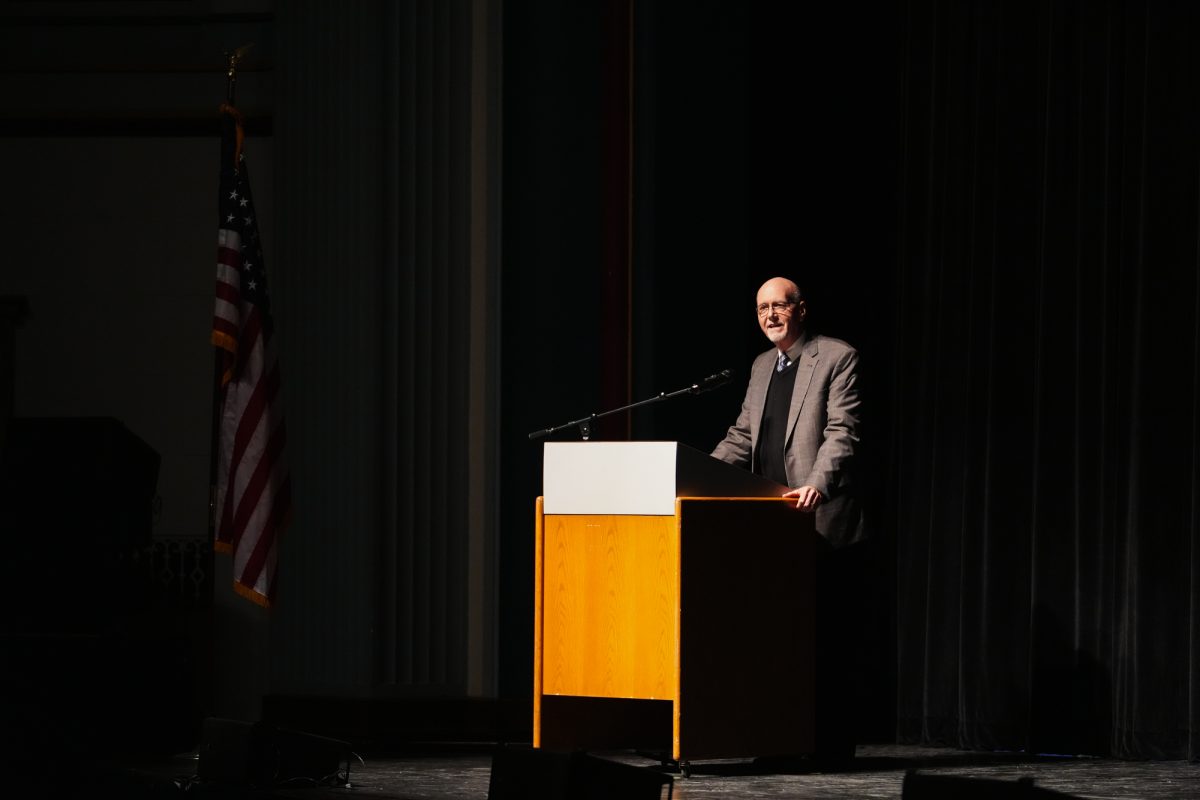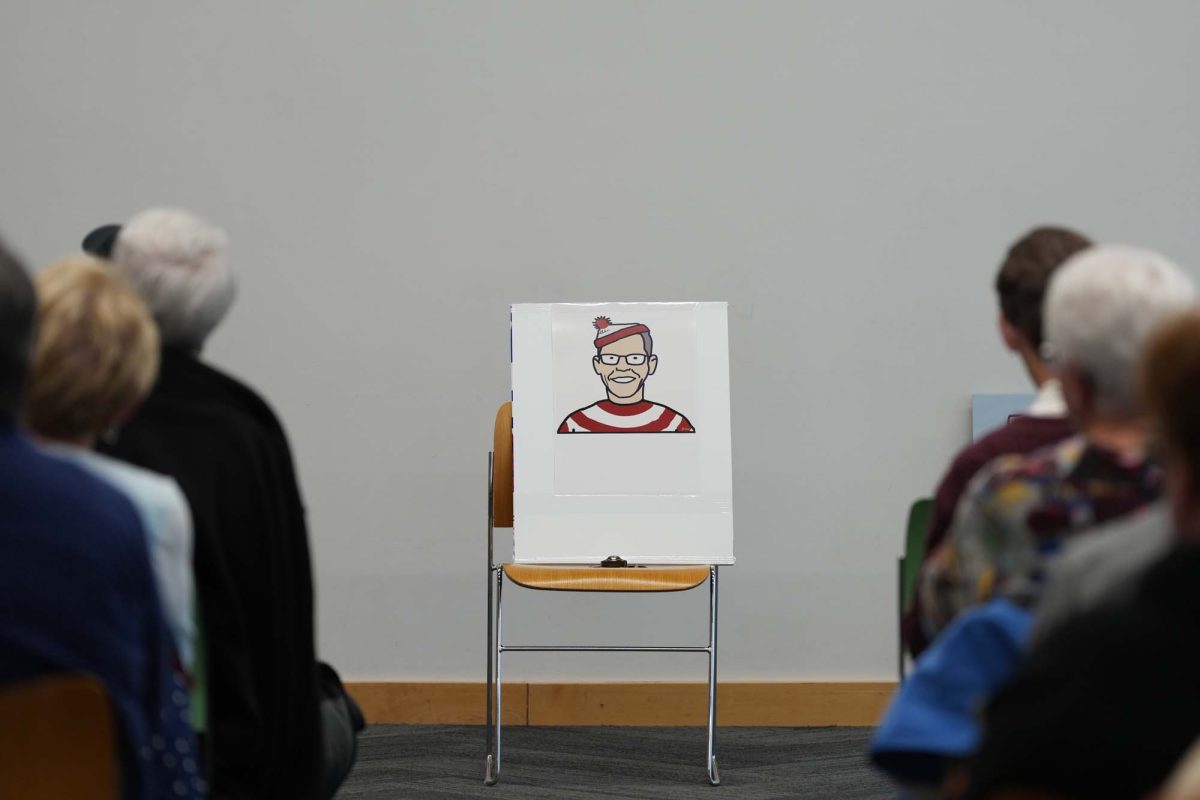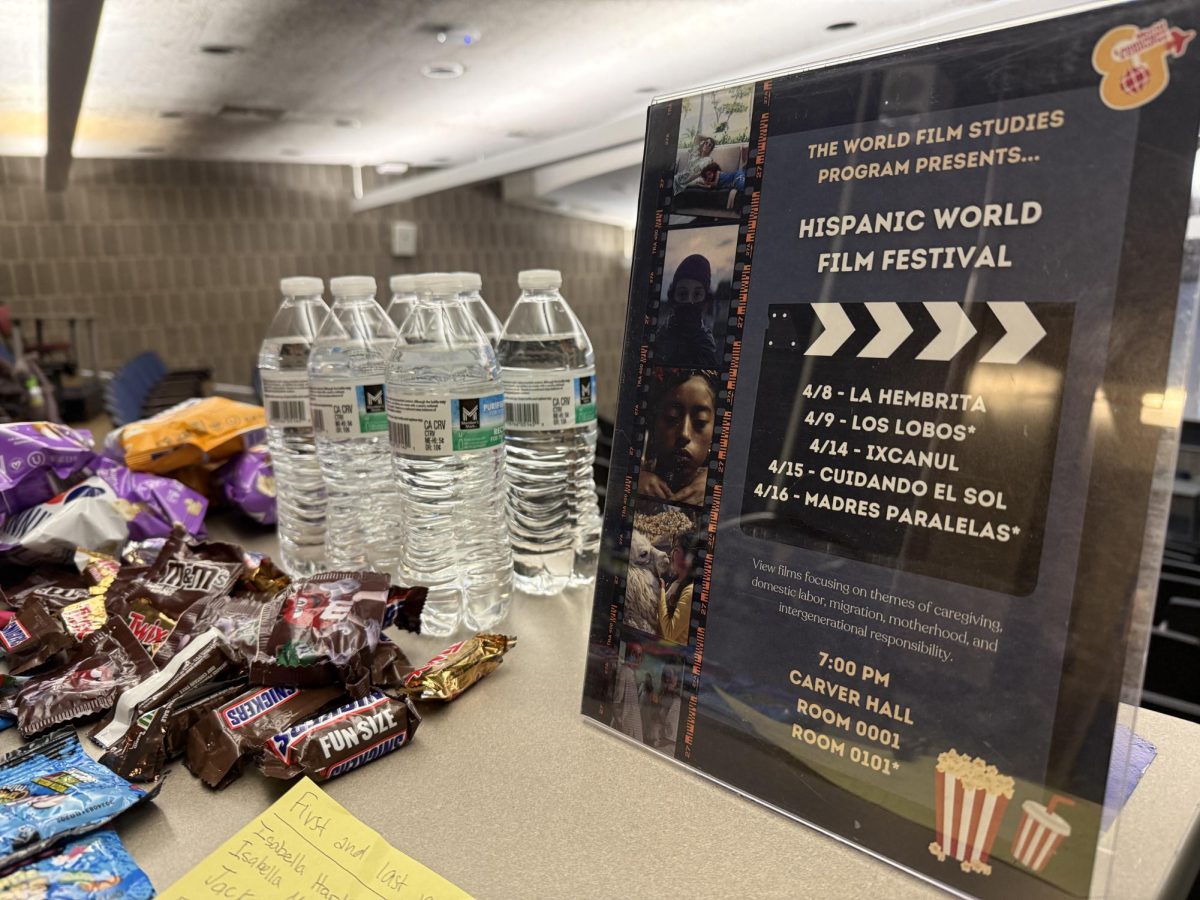Bush pardons 14 individuals, commutes 2 sentences
November 24, 2008
WASHINGTON (AP) — President George W. Bush has granted pardons to 14 individuals and commuted the prison sentences of two others convicted of misdeeds including drug offenses, tax evasion, wildlife violations and bank embezzlement.
The new round of White House pardons announced Monday are Bush’s first since March and come less than two months before he will end his presidency. The crimes committed by those on the list also include offenses involving hazardous waste, food stamps, and the theft of government property.
Bush has been stingy during his time in office about granting clemency, but more grants are expected.
Including these actions, he has granted a total of 171 pardons and eight commutations. That’s less than half as many as Presidents Clinton or Reagan issued during their time in office. Both were two-term presidents, like Bush.
On the latest pardon list were:
—Leslie Owen Collier of Charleston, Mo., who pleaded guilty in 1995 to unlawfully killing three bald eagles in southeast Missouri. He improperly used pesticide in hamburger meat to kill coyotes, but ended up killing many other animals, including the bald eagles. Collier, who was convicted for unauthorized use of a pesticide and violating the Bald and Golden Eagle Protection Act, was sentenced Feb. 2, 1996 in the Eastern District of Missouri.
—Milton Kirk Cordes of Rapid City, S.D. Cordes was convicted of conspiracy to violate the Lacey Act, which prohibits importation into the country of wildlife taken in violation of conservation laws.
—Richard Micheal Culpepper of Mahomet, Ill., who was convicted of making false statements to the federal government.
—Brenda Jean Dolenz-Helmer of Fort Worth, Texas, convicted of concealing knowledge of a crimeDolenz-Helmer, the daughter of a Dallas doctor accused of medical insurance fraud, was convicted in connection with the doctor’s case. She was sentenced Dec. 31, 1998 in the Northern District of Texas to four year’s probation with the special condition of 600 hours of community service and a $10,000 fine.
—Andrew Foster Harley of Falls Church, Va. Harley was convicted of wrongful use and distribution of marijuana and cocaine during a general court martial at the U.S. Air Force Academy in Colorado Springs, Colo.
—Obie Gene Helton of Rossville, Ga., whose offense was unauthorized acquisition of food stamps.
—Carey C. Hice Sr. of Travelers Rest, S.C., who was convicted of income tax evasion.
—Geneva Yvonne Hogg of Jacksonville, Fla., convicted of bank embezzlement.
—William Hoyle McCright Jr. of Midland, Texas, who was convicted of bank fraud.
—Paul Julian McCurdy of Sulphur, Okla., who was sentenced for misapplication of bank funds.
—Robert Earl Mohon Jr. of Grant, Ala., who was convicted of conspiracy to distribute marijuana.
—Ronald Alan Mohrhoff of Los Angeles, who was convicted for unlawful use of a telephone in a narcotics felony.
—Daniel Figh Pue III of Conroe, Texas, convicted of illegal treatment, storage and disposal of a hazardous waste without a permit.
—Orion Lynn Vick of White Hall, Ark., who was convicted of aiding and abetting the theft of government property.
Bush also commuted the prison sentences of John Edward Forte of North Brunswick, N.J., and James Russell Harris of Detroit, Mich. Both were convicted of cocaine offenses.
Under the Constitution, the president’s power to issue pardons is absolute and cannot be overruled.
Some high-profile individuals, such as Michael Milken, are seeking a pardon on securities fraud charges. Two politicians convicted of public corruption — former Rep. Randy “Duke” Cunningham, R-Calif., and four-term Democratic Louisiana Gov. Edwin W. Edwards — are asking Bush to shorten their prison terms.
One hot topic of discussion related to pardons is whether Bush might decide to issue pre-emptive pardons before he leaves office to government employees who authorized or engaged in harsh interrogations of suspected terrorists in the wake of the Sept. 11, 2001, attacks. Some constitutional scholars and human rights groups want the incoming administration of President-elect Barack Obama to investigate possible war crimes.
If Bush were to pardon anyone involved, it would provide protection against criminal charges, particularly for people who were following orders or trying to protect the nation with their actions. But it would also be highly controversial.
At the same time, Obama advisers say there is little — if any — chance that his administration would bring criminal charges.





